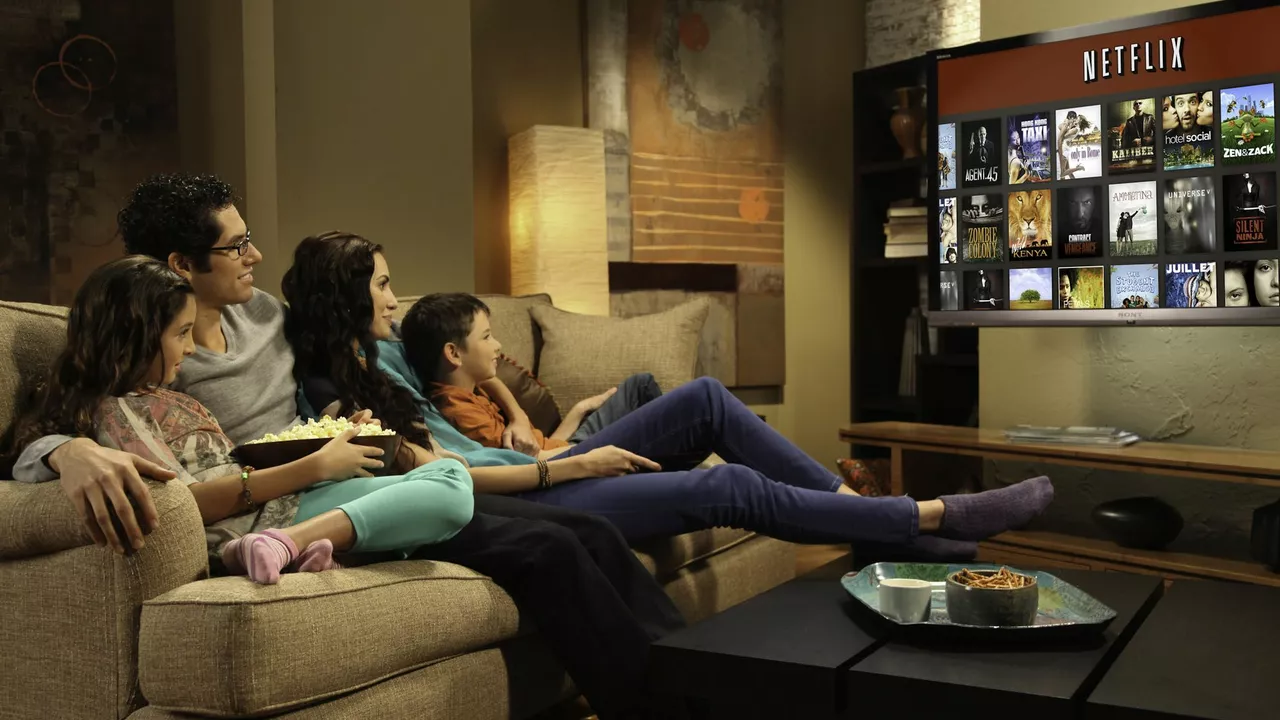Television and Film Studies: TV Series vs. Films
Ever wondered if a TV show can be called a film? Most people mix the terms up, but the two formats have distinct rules. Knowing the basics helps you talk about movies and shows without sounding confused. Below we break down the main points in plain language.
What Sets TV Series Apart?
TV series are built around episodes. Each episode adds a piece to a larger story, and the story can stretch across many seasons. Because of this, writers can develop characters slowly, reveal plot twists over time, and let viewers form a habit of tuning in weekly or binge‑watching a whole season. Production schedules also differ – episodes are often shot quickly, with tighter budgets per hour of content.
Another key factor is the viewing experience. You usually watch a series on a screen at home, on a phone, or on a laptop, and you often have control over when you start and stop. This flexibility means creators can experiment with cliffhangers, mid‑season breaks, and long‑term arcs that keep fans coming back.
Why Films Remain Distinct
Films are designed to be self‑contained. In two hours or less, they need to set up characters, build tension, reach a climax, and tie up loose ends. That forces a tighter script, more focused storytelling, and often higher production values per minute of screen time. Directors and producers treat a film like a single, finished piece rather than a stepping stone to the next episode.
The theatrical experience also matters. Watching a movie in a cinema gives you a shared, immersive moment with big screens and surround sound. Even when you stream a film at home, you still expect a complete, polished package that you can finish in one sitting.
Both formats have their own strengths. A TV series can explore a character’s growth over years, while a film delivers a powerful punch in a short burst. Understanding this helps you choose what to watch based on your mood – do you want a marathon or a sprint?
The post "Can TV series be also called films?" on our site dives deeper into this question, using everyday examples to show why the terms aren’t interchangeable. It’s a quick read that clears up the most common misconceptions.
In practice, you’ll notice the difference in how credits roll, how many story arcs you get, and the way you talk about them with friends. When you say, "I’m into TV series," people think of ongoing stories. When you say, "I love films," they picture a single, finished narrative.
So, next time you pick something to watch, ask yourself: do I want an extended journey or a compact experience? That simple question will guide you to the right choice and make your viewing time more satisfying.
Television and film studies isn’t just for scholars; it’s for anyone who enjoys good stories. By keeping the basics in mind, you’ll be able to discuss shows and movies with confidence, and maybe even spot the subtle ways creators blur the lines between the two.
Can TV series be also called films?
Alright folks, let's dive into the exciting world of TV series and films! Now, can we call TV series films? Well, technically no. I mean, both are visual treats, but they're as different as popcorn and pretzels! TV series are like a marathon, with multiple episodes providing us a long, continuous storyline. Films, on the other hand, are more like a sprint - a standalone narrative neatly wrapped up in a couple of hours. So, let's celebrate both for their unique quirks and not confuse one for the other. Keep the popcorn popping and the series streaming, my friends!
